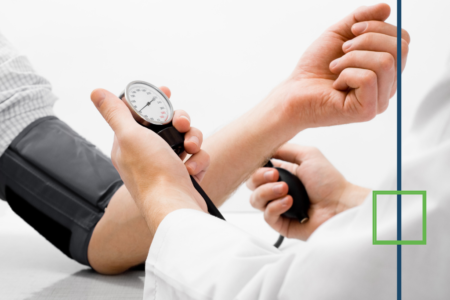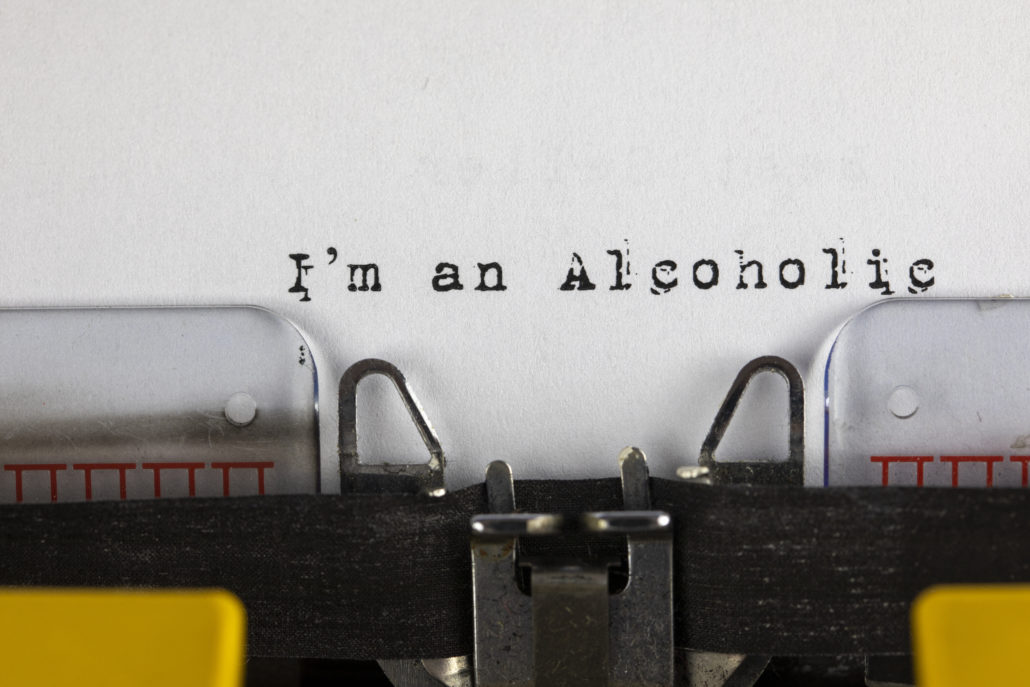What Is Quetiapine?
Quetiapine tablets and extended-release (long-acting) tablets are used to treat the symptoms of schizophrenia (a mental illness that causes disturbed or unusual thinking, loss of interest in life, and strong or inappropriate emotions). Quetiapine tablets and extended-release tablets are also used alone or with other medications to treat:
- Episodes of mania (frenzied, abnormally excited, or irritated mood) or depression in patients with bipolar disorder (manic depressive disorder)
- A disease that causes episodes of depression, episodes of mania, and other abnormal moods).
- In addition, Quetiapine tablets and extended-release tablets are used with other medications to prevent episodes of mania or depression in patients with bipolar disorder.
- Quetiapine extended-release tablets are also used along with other medications to treat depression.

Quetiapine is in a class of medications called atypical antipsychotics. It works by changing the activity of certain natural substances in the brain.
Quetiapine Dosage
Quetiapine comes as a tablet and as an extended-release tablet to take by mouth. The tablets are usually taken one to three times a day with or without food. The extended-release tablets are usually taken once a day in the evening without food or with a light meal. Take Quetiapine at around the same time(s) every day. Follow the directions on your prescription label carefully, and ask your doctor or pharmacist to explain any part you do not understand. Take Quetiapine exactly as directed. Do not take more or less of it or take it more often than prescribed by your doctor.
Swallow Quetiapine extended-release tablets whole; do not split, chew, or crush them.
Your doctor will probably start you on a low dose of Quetiapine and gradually increase your dose during the first week of your treatment. Ask your doctor or pharmacist if you have any questions about the amount of medication you should take each day at the beginning of your treatment.
If you do not take Quetiapine for one week or longer, you should call your doctor before you start taking the medication again. Your doctor will probably tell you to start taking a low dose of the medication and gradually increase your dose as you did when you first started taking Quetiapine.
Quetiapine may help control your symptoms but will not cure your condition. Continue to take Quetiapine even if you feel well. Do not stop taking Quetiapine without talking to your doctor. If you suddenly stop taking Quetiapine, you may experience Quetiapine side effects and withdrawal symptoms such as nausea, vomiting, and difficulty falling asleep or staying asleep. Your doctor will probably want to decrease your dose gradually.
Quetiapine Side Effects
Quetiapine side effects may occur. Tell your doctor if any of these symptoms or those listed in the SPECIAL PRECAUTIONS section are severe or do not go away:
- Dizziness, feeling unsteady or having trouble keeping your balance
- Pain in the joints, back, neck, or ears
- Weakness
- Dry mouth
- Vomiting
- Indigestion
- Constipation
- Gas
- Stomach pain or swelling
- Increased appetite
- Excessive weight gain
- Stuffy nose
- Headache
- Pain
- Irritability
- Difficulty thinking or concentrating
- Difficulty speaking or using language
- Loss of coordination
- Unusual dreams
- Numbness, burning, or tingling in the arms or legs
- Missed menstrual periods
- Breast enlargement in males
- Discharge from the breasts
- Decreased sexual desire or ability
Some Quetiapine side effects can be serious. If you experience any of the following symptoms or those listed in the IMPORTANT WARNING or SPECIAL PRECAUTIONS section, call your doctor immediately or get emergency medical treatment:
- Fainting
- Falling
- Seizures
- Changes in vision
- Uncontrollable movements of your arms, legs, tongue, face, or lips
- Painful erection of the penis that lasts for hours
- Fever
- Muscle stiffness, pain, or weakness
- Excess sweating
- Fast or irregular heartbeat
- Confusion
- Unusual bleeding or bruising
- Sore throat, fever, chills, difficult or painful urination, or other signs of infection
- Hives
- Rash
- Blisters
- Tightening of the neck muscles or the throat
- Tongue sticking out
- Difficulty breathing or swallowing
Quetiapine may cause other side effects. Call your doctor if you have any unusual problems while taking this medication. Quetiapine side effects may cause cataracts. You will need to have eye exams to check for cataracts at the beginning of your treatment and every six months during your treatment. Talk to your doctor about the risks of taking Quetiapine. [1]

Quetiapine Side Effects & Warnings
Important warning for older adults with dementia:
Studies have shown that older adults with dementia (a brain disorder that affects the ability to remember, think clearly, communicate, and perform daily activities and that may cause changes in mood and personality) who take antipsychotics (medications for mental illness) such as Quetiapine have an increased risk of death during treatment. Quetiapine is not approved by the Food and Drug Administration (FDA) for the treatment of behavioral problems in older adults with dementia. Talk to the doctor who prescribed this medication if you, a family member, or someone you care for has dementia and is taking Quetiapine.
Important warning for people who have depression:
A small number of children, teenagers, and young adults (up to 24 years of age) who took medications for depression during clinical studies became suicidal (thinking about harming or killing oneself or planning or trying to do so).
You should know that your mental health may change in unexpected ways when you take quetiapine or other antidepressants even if you are an adult over age 24. You may become suicidal, especially at the beginning of your treatment and any time that your dose is increased or decreased. You, your family, or your caregiver should call your doctor right away if you experience any of the following Quetiapine side effects symptoms:
- New or worsening depression
- Thinking about harming or killing yourself, or planning or trying to do so
- Extreme worry
- Agitation
- Panic attacks
- Difficulty falling asleep or staying asleep
- Aggressive behavior
- Irritability
- Acting without thinking
- Severe restlessness
- Frenzied abnormal excitement
Be sure that your family or caregiver knows which Quetiapine side effects may be serious so they can call the doctor when you are unable to seek treatment on your own. No matter what your age, before you take an antidepressant, you, your parent, or your caregiver should talk to your doctor about the risks and benefits of treating your condition with an antidepressant or with other treatments.
Quetiapine Interactions
Do not take these drugs with Quetiapine. Doing so can cause heart rhythm problems that could cause sudden death. [2] Examples of these drugs include:
- Anti-arrhythmic drugs such as quinidine, procainamide, amiodarone, or sotalol
- Antipsychotic drugs such as ziprasidone, chlorpromazine, or thioridazine
- Antibiotics such as gatifloxacin or moxifloxacin
- Pentamidine
- Methadone
Quetiapine Overdose
If the victim has collapsed, had a seizure, has trouble breathing, or can’t be awakened, immediately call emergency services at 911.
Symptoms of overdose may include the following:
- Drowsiness
- Dizziness
- Fainting
- Fast heartbeat
Substance Abuse Treatment Options & Inpatient Drug Rehab Texas
Someone struggling with Quetiapine side effects or drug abuse and dual diagnosis must treat both conditions. For the treatment to be effective, you need to stop using alcohol or drugs. Treatments may include behavioral therapies and medications. Also, support groups can give you emotional and social support. They are also a place where people can share tips about how to deal with day-to-day challenges.
A good dual diagnosis drug treatment program and drug addiction therapy facility need to be able to treat both conditions without treating one as the sole cause of the other. Addiction is a complicated disease and no one thing is to blame for it. There are various options available to handle drug addiction therapy.
A good drug treatment program will offer several levels of therapy as well as multiple treatment options. This allows the rehabilitation facility to meet the individual needs of its patients.

Most programs begin with a detox process to remove the Quetiapine side effects and physical dependence on any substances then a residency program. This type of program can last as long as two months and is designed to provide intensive focused therapy in a controlled environment to help you get over the first hurdle and give you the tools necessary to face the cravings and temptations of everyday life.
During the inpatient treatment process, dual diagnosis cases are identified and treatment begins. The next step is an intensive outpatient drug treatment program that provides drug addiction therapy by meeting at the site several times a week for intensive therapy that can help you deal with what occurs in daily life. Finally, a standard outpatient therapy program provides the continued support necessary to maintain a sober condition.
How We Can Help? Searched for “Texas inpatient consultants or drug and alcohol treatment centers in Houston TX?” or are you seeking a national inpatient rehab destination?
Receive treatment for co-occurring disorders today.
As the addiction treatment community begins to realize that addiction is itself a mental disorder, the relationship between substance abuse and mental disorders becomes more complicated. The greater treatment community largely lacks a proper understanding of dually diagnosed conditions, so these conditions are still treated separately, or worse–not treated or diagnosed at all. The dual diagnosis treatment centers in We Level Up Florida, California, Texas, and New Jersey are some of the facilities that have professionals trained to help treat co-occurring disorders concurrently. This type of tandem treatment provides some of the best success rates.
Get dual diagnosis treatment for individuals struggling with Quetiapine side effects. Call us today!
Sources:
[1] Quetiapine Side Effects – U.S. Department of Health and Human Services National Institutes of Health
[2] Quetiapine, oral tablet – https://www.medicalnewstoday.com/articles/quetiapine-oral-tablet




